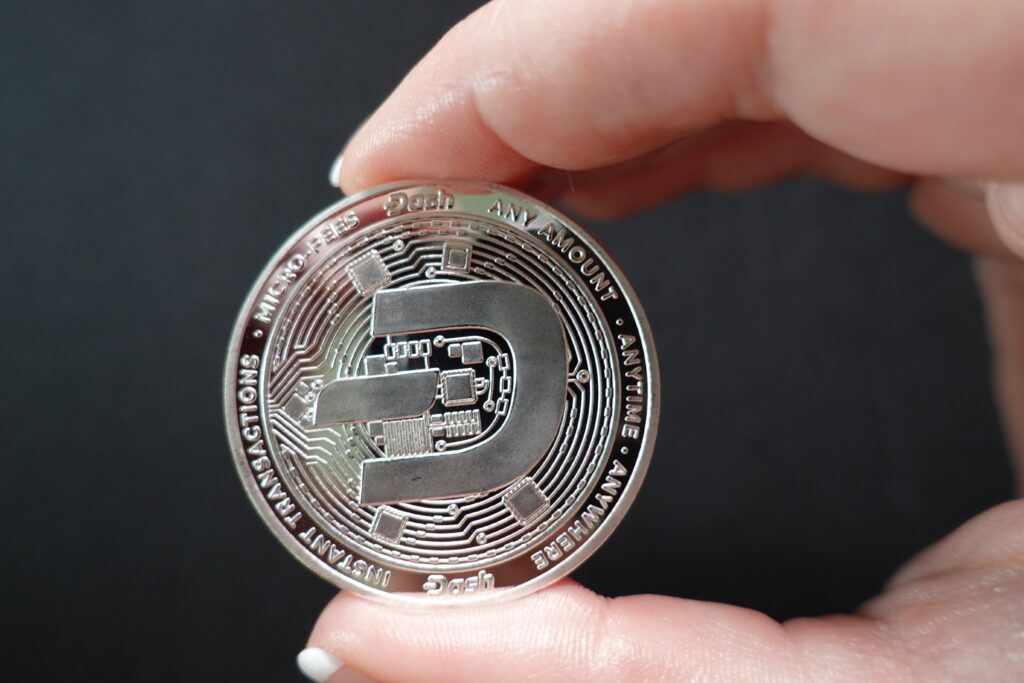In the world of finance and digital assets, Bitcoin has emerged as a groundbreaking and transformative phenomenon. As the pioneer of cryptocurrencies, Bitcoin’s decentralized nature and potential for financial sovereignty have garnered widespread attention. However, beneath the allure of this digital gold, questions linger about its security. How safe is Bitcoin, really? This article delves into the multifaceted aspects of Bitcoin’s security, addressing concerns, highlighting its robustness, and offering insights into safeguarding your holdings.

Bitcoin’s Core Security Features:
-
Decentralization: One of Bitcoin’s primary security strengths is its decentralized network. Unlike traditional centralized systems, where a single point of failure can lead to catastrophic breaches, Bitcoin operates on a network of nodes that validate and record transactions. This decentralized structure enhances security by making it incredibly difficult for malicious actors to compromise the entire network.
-
Blockchain Technology: Bitcoin’s blockchain is a transparent, immutable, and tamper-proof ledger that records all transactions. Once a transaction is confirmed and added to the blockchain, it becomes extremely difficult to alter or erase. This ensures the integrity of the transaction history and reduces the risk of fraud.
-
Cryptography: Bitcoin relies on advanced cryptographic techniques to secure transactions and wallets. Public and private keys are used to sign and verify transactions, making it virtually impossible to alter or manipulate them without the corresponding private key.
-
Proof of Work (PoW): Bitcoin’s consensus mechanism, known as Proof of Work, adds an extra layer of security. Miners compete to solve complex mathematical puzzles to validate transactions and add them to the blockchain. This process requires a significant amount of computational power, making it extremely difficult for malicious actors to control the network.
Addressing Security Concerns:
-
Double Spending: Double spending, a potential concern in digital currencies, is addressed by Bitcoin’s blockchain and consensus mechanism. Once a transaction is confirmed and added to the blockchain, it cannot be spent again, ensuring that the same Bitcoin cannot be used for multiple transactions.
-
51% Attack: A 51% attack refers to a scenario where a single entity controls more than 50% of the network’s computing power, potentially enabling them to alter transactions or manipulate the blockchain. However, the decentralized nature of Bitcoin makes orchestrating a 51% attack highly unlikely and cost-prohibitive.
-
Wallet Security: While Bitcoin itself boasts strong security, the safety of your holdings also depends on the security of your wallet. Use hardware wallets or reputable software wallets that provide secure storage and backup options. Additionally, keep your private keys offline and avoid sharing them with anyone.
-
Regulatory and Legal Factors: The evolving regulatory landscape surrounding cryptocurrencies can impact their safety. Adhering to local regulations, using regulated exchanges, and staying informed about legal developments can help mitigate potential risks.
Bitcoin’s Historical Resilience:
Bitcoin has withstood numerous challenges and attacks over its history, reinforcing its security:
-
Satoshi’s Vision Survives: Since its inception in 2009 by the pseudonymous Satoshi Nakamoto, Bitcoin has remained resilient and true to its founding principles of decentralization and security.
-
Hackers vs. Bitcoin: Bitcoin has been targeted by hackers and cybercriminals, yet the network has consistently repelled their attempts. Its decentralized nature makes it a less attractive target compared to centralized systems.
-
Market Volatility and Recovery: Bitcoin has weathered extreme market volatility, including dramatic price fluctuations. Despite these challenges, it has repeatedly demonstrated resilience and the ability to recover.
Enhancing Your Bitcoin Security:
-
Stay Informed: Regularly educate yourself about Bitcoin’s security features, best practices for wallet management, and the latest developments in the cryptocurrency space.
-
Use Reputable Exchanges: When buying or trading Bitcoin, choose well-established and regulated exchanges. Conduct thorough research to ensure the exchange has a strong security track record.
-
Enable Two-Factor Authentication (2FA): Enable 2FA on your exchange accounts and wallets to add an extra layer of security to your accounts.
-
Backup Your Wallet: Regularly back up your wallet’s private keys or recovery phrases in secure locations. This ensures you can recover your holdings in case of device loss or damage.
-
Diversify Storage: Consider diversifying your storage methods. Use hardware wallets for long-term storage and software wallets for more accessible spending.
-
Avoid Public Wi-Fi: When accessing your Bitcoin wallet or making transactions, avoid using public Wi-Fi networks that could be vulnerable to attacks.
-
Exercise Caution: Be cautious of phishing attempts, fraudulent schemes, and unsolicited offers related to Bitcoin. Verify information from reliable sources before taking any action.
In Conclusion: The Fortitude of Bitcoin’s Security
Bitcoin’s security is the result of a robust combination of technology, cryptography, and its decentralized nature. While no system is entirely immune to risks, Bitcoin’s historical resilience and ongoing development efforts continue to enhance its security posture. As an investor or user, your role is pivotal in safeguarding your holdings by following best practices for wallet management, remaining vigilant against potential threats, and staying informed about the evolving landscape of cryptocurrencies. Through a combination of technological strength and responsible usage, Bitcoin’s security can be harnessed to navigate the exciting and transformative world of digital finance.